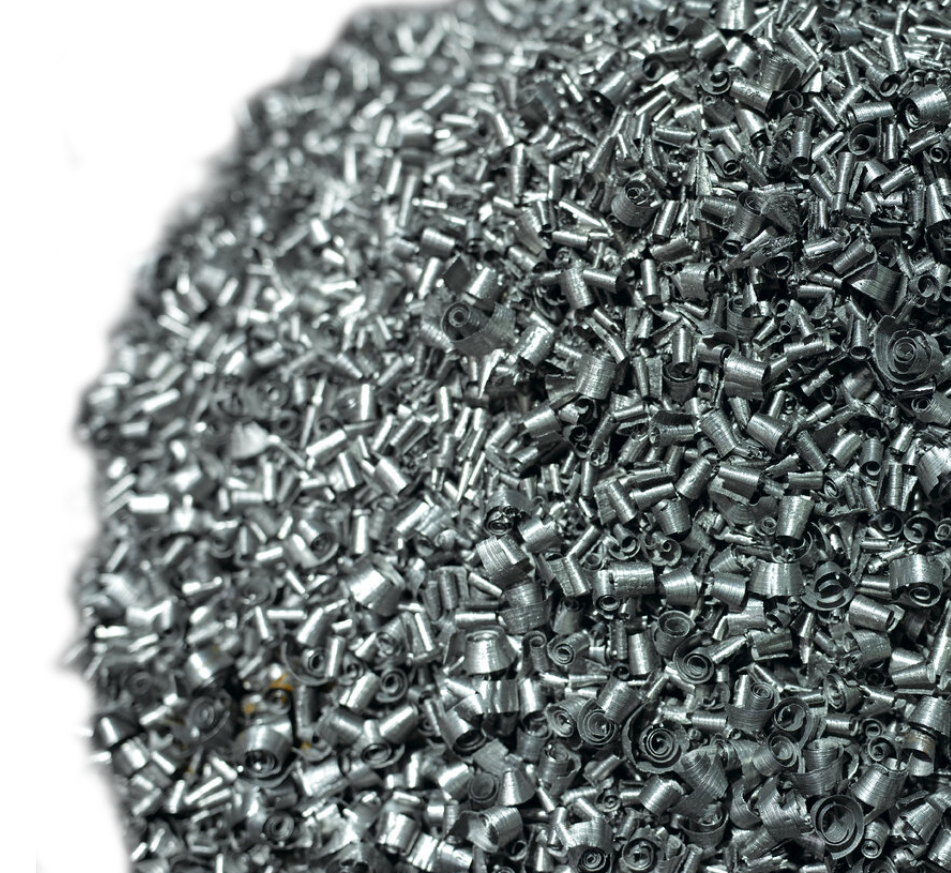Metals we buy
Metals we buy

FREE storage containers for your scrap metals
2 Recycling are professional handlers of scrap metals from a wide range of industry sectors.
Based in Lincolnshire, we have over 80 years combined experience within the metals trade and supply to some of the best outlets available. If you can’t see the type of metal you scrap in the accompanying list, give us a call and discuss your requirements for a complete end-to-end service, from evaluation to invoice. As a quick guide to the industries we work with, please see the table below.
We hold a waste broker’s licence as well as our site licences which means that if we don’t handle the material, we are able to scour the market for someone who does on your behalf so that you have only one point of contact.
We want to buy your scrap metals, whether it is swarf or solids from machining, cutting, shaping, bending or just from surplus stock. 2 Recycling Ltd sets industry-leading standards and is the ideal partner to assist you in gaining the best financial returns for your scrap metal, whilst helping you look after your environmental compliance and ISO audit trails.
We are keen buyers of Aluminium, Copper, Brass & Bronze, Nickel Alloys, Titanium, Stainless Steel, Duplex Steel, Wire and Cable, complex alloys, Tungsten Carbide, Chrome Steel and Steel.
2 Recycling are professional handlers of scrap metals from a wide range of industry sectors.
Based in Lincolnshire, we have over 80 years combined experience within the metals trade and supply to some of the best outlets available. If you can’t see the type of metal you scrap in the accompanying list, give us a call and discuss your requirements for a complete end-to-end service, from evaluation to invoice. As a quick guide to the industries we work with, please see the table below.
We hold a waste broker’s licence as well as our site licences which means that if we don’t handle the material, we are able to scour the market for someone who does on your behalf so that you have only one point of contact.
We want to buy your scrap metals, whether it is swarf or solids from machining, cutting, shaping, bending or just from surplus stock. 2 Recycling Ltd sets industry-leading standards and is the ideal partner to assist you in gaining the best financial returns for your scrap metal, whilst helping you look after your environmental compliance and ISO audit trails.
We are keen buyers of Aluminium, Copper, Brass & Bronze, Nickel Alloys, Titanium, Stainless Steel, Duplex Steel, Wire and Cable, complex alloys, Tungsten Carbide, Chrome Steel and Steel.
2 Recycling are professional handlers of scrap metals from a wide range of industry sectors.
Based in Lincolnshire, we have over 80 years combined experience within the metals trade and supply to some of the best outlets available. If you can’t see the type of metal you scrap in the accompanying list, give us a call and discuss your requirements for a complete end-to-end service, from evaluation to invoice. As a quick guide to the industries we work with, please see the table below.
We hold a waste broker’s licence as well as our site licences which means that if we don’t handle the material, we are able to scour the market for someone who does on your behalf so that you have only one point of contact.
We want to buy your scrap metals, whether it is swarf or solids from machining, cutting, shaping, bending or just from surplus stock. 2 Recycling Ltd sets industry-leading standards and is the ideal partner to assist you in gaining the best financial returns for your scrap metal, whilst helping you look after your environmental compliance and ISO audit trails.
We are keen buyers of Aluminium, Copper, Brass & Bronze, Nickel Alloys, Titanium, Stainless Steel, Duplex Steel, Wire and Cable, complex alloys, Tungsten Carbide, Chrome Steel and Steel.
Metals we buy
Aluminium
A scrap material that is found in the majority of sectors we deal with is aluminium. We collect Aluminium off-cuts and swarf from industries from window manufacturing, general manufacturing and engineering to the aerospace industry. We also collect aluminium steel from the construction industry and Aluminium Bronze from the marine industry.
Copper
Copper is 100% recyclable and is the third most recycled material in the world and is quite valuable depending on the purity and quality of the scrap. Copper alloy scrap is also a source of other non-ferrous and rare metals such as Zinc, Nickel and Tin.
We source copper from cabling, building materials and the medical industry amongst others.
Brass and bronze
The name of the era ‘Bronze age’ gives you an idea of how long these copper alloys have been in use. Both metals are alloys, which means that they contain other metals such as Zinc, Tin and Lead, both can give you a good return as they are essential to the health of the brass/bronze industry. The value is of course, dependent on the grade or variant of metal which is why we test our customer’s scrap using fluorescent (XRF) analysers.
Nickel alloys and Titanium
Nickel and nickel alloys play a large part in the chemical and aerospace industries and is a big part of recycling rationale with close to 40% of Nickel used each year is from recycled Nickel scrap.
Titanium is an extremely hard metal and has been in use since 1791 and due to processing is quite a pricey material. Its physical properties have made it the choice of manufacture in the aerospace, nuclear waste and medical industries. During recycling, Titanium is graded into several categories, which is something we actively encourage to give you a better paid price.
Tungsten Carbide
Tungsten Carbide is derived from a chemical compound of the elements Tungsten and Carbon, and is an extremely hard metal which relies on recycling to maintain the use and manufacture cycle. When recycled, Tungsten Carbide scrap is used in the production of mining bits, wear resistant components and metal cutting rods. In addition, it is used in the manufacture of scratch-resistant wedding rings and watchbands.
Steel
Steel can be classed as a type of iron alloy and depending on the share of carbon and other components present, will produce different types of Steel. Which is why you really need to know your Steel to get the best return on your scrap.
Steel production is lengthy and energy consuming which is why recycling is crucial for the steel production industry. In fact, Steel is considered to be the most recycled material in the world with up to 60% recycled from ferrous scrap. 2 Recycling find sources for this type of scrap from the manufacturing side of the automotive industry, can and container manufacture, construction, marine and farming industries.
Stainless Steel
The main alloys in Stainless Steel are Nickel, Chromium and Molybdenum which are all highly valuable with any recycled item probably containing 60% recycled content. Much of the new scrap which is recycled will net you a good return and will then find its way back into the manufacture of corrosion resistant items such as household cutlery and medical instruments.
Duplex Steel
Duplex Steels have a high chromium and are graded as such due to their metallurgical structure which give good mechanical properties and excellent resistance to corrosion. This grade of Stainless Steel is derived from manufacturers supplying the petrochemical, marine, brewing and power generation sectors.
Chrome Steel
Chrome amongst others is a coating to provide added corrosion resistance to steel. Much of the Chrome Steel we recycle is produced from manufacturing items for the food and dairy sectors.
Special Alloys
Special Alloys are grouped according to the particular application for which they were designed. They are usually high in strength and are corrosion resistant. Some are particularly designed to handle temperatures up to 980°C. Special Alloys have specific uses in fields such as the aerospace industry, oil and gas, marine and petrochemical industries amongst others.
Precious Metals
Precious metals are considered to be the most rarest and expensive of metals available.
These are generally used for the production of electrical components, jewellery and industrial commodities.
Aluminium
A scrap material that is found in the majority of sectors we deal with is aluminium. We collect Aluminium off-cuts and swarf from industries from window manufacturing, general manufacturing and engineering to the aerospace industry. We also collect aluminium steel from the construction industry and Aluminium Bronze from the marine industry.
Copper
Copper is 100% recyclable and is the third most recycled material in the world and is quite valuable depending on the purity and quality of the scrap. Copper alloy scrap is also a source of other non-ferrous and rare metals such as Zinc, Nickel and Tin.
We source copper from cabling, building materials and the medical industry amongst others.
Brass and bronze
The name of the era ‘Bronze age’ gives you an idea of how long these copper alloys have been in use. Both metals are alloys, which means that they contain other metals such as Zinc, Tin and Lead, both can give you a good return as they are essential to the health of the brass/bronze industry. The value is of course, dependent on the grade or variant of metal which is why we test our customer’s scrap using fluorescent (XRF) analysers.
Nickel alloys and Titanium
Nickel and nickel alloys play a large part in the chemical and aerospace industries and is a big part of recycling rationale with close to 40% of Nickel used each year is from recycled Nickel scrap.
Titanium is an extremely hard metal and has been in use since 1791 and due to processing is quite a pricey material. Its physical properties have made it the choice of manufacture in the aerospace, nuclear waste and medical industries. During recycling, Titanium is graded into several categories, which is something we actively encourage to give you a better paid price.
Tungsten Carbide
Tungsten Carbide is derived from a chemical compound of the elements Tungsten and Carbon, and is an extremely hard metal which relies on recycling to maintain the use and manufacture cycle. When recycled, Tungsten Carbide scrap is used in the production of mining bits, wear resistant components and metal cutting rods. In addition, it is used in the manufacture of scratch-resistant wedding rings and watchbands.
Steel
Steel can be classed as a type of iron alloy and depending on the share of carbon and other components present, will produce different types of Steel. Which is why you really need to know your Steel to get the best return on your scrap.
Steel production is lengthy and energy consuming which is why recycling is crucial for the steel production industry. In fact, Steel is considered to be the most recycled material in the world with up to 60% recycled from ferrous scrap. 2 Recycling find sources for this type of scrap from the manufacturing side of the automotive industry, can and container manufacture, construction, marine and farming industries.
Stainless Steel
The main alloys in Stainless Steel are Nickel, Chromium and Molybdenum which are all highly valuable with any recycled item probably containing 60% recycled content. Much of the new scrap which is recycled will net you a good return and will then find its way back into the manufacture of corrosion resistant items such as household cutlery and medical instruments.
Duplex Steel
Duplex Steels have a high chromium and are graded as such due to their metallurgical structure which give good mechanical properties and excellent resistance to corrosion. This grade of Stainless Steel is derived from manufacturers supplying the petrochemical, marine, brewing and power generation sectors.
Chrome Steel
Chrome amongst others is a coating to provide added corrosion resistance to steel. Much of the Chrome Steel we recycle is produced from manufacturing items for the food and dairy sectors.
Special Alloys
Special Alloys are grouped according to the particular application for which they were designed. They are usually high in strength and are corrosion resistant. Some are particularly designed to handle temperatures up to 980°C. Special Alloys have specific uses in fields such as the aerospace industry, oil and gas, marine and petrochemical industries amongst others.
Precious Metals
Precious metals are considered to be the most rarest and expensive of metals available.
These are generally used for the production of electrical components, jewellery and industrial commodities.
2 Recycling are experienced in the handling of all metal types and encourage sorting of your metal scrap to ensure you get the best price when you recycle.
We can provide the right size and manageability of container, and well as frequency of bin supply to suit your needs. From swarf to large, hard-to-manage and store off-cuts we collect your scrap as part of our service before it is then tested for content using our mobile XRF analyzers and providing you with a full evaluation sheet.
Industry sector
Whatever your industry, you can be sure we can find a home for your scrap metal
Sign up to our newsletter to stay up to date with industry news




